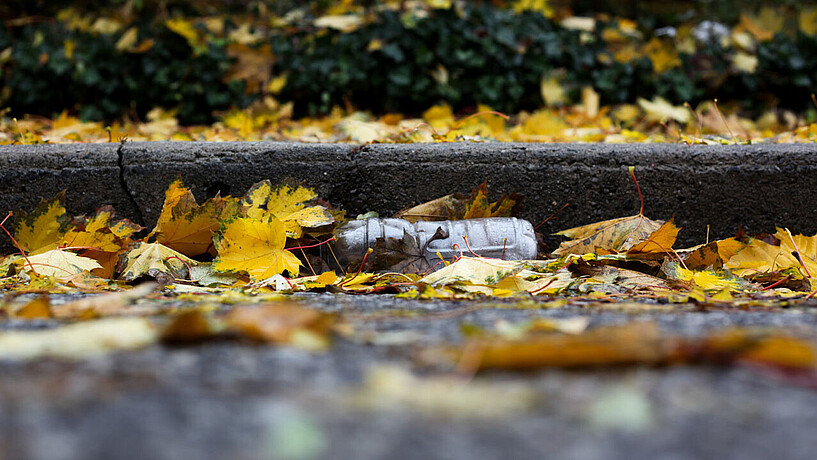Not all of Europe's roughly 500 million inhabitants dispose of their garbage properly. Disposable plastic lands in urban waters or ends up by the side of the road. At the first virtual meeting of the EU project BIO-PLASTICS EUROPE , the focus will be especially on how to free historically or architecturally valuable buildings and city infrastructure from plastic waste.
The inaugural meeting will be followed by regular online meetings, where participants will exchange new knowledge and effective solutions for reducing plastic waste. Those interested can register via the following link: www.bioplasticseurope.eu/news-events
At the first meeting, best practices will be presented. The Lithuanian city Neringa will present its 'Lessons Learned', and the Estonian capital Tallinn will discuss its successful deposit refund system. The company Plasta – the Baltic region's largest polyethylene producer and one of the largest polyethylene recyclers and producers of plastic products in Europe – will share its experiences and knowledge with the public.

